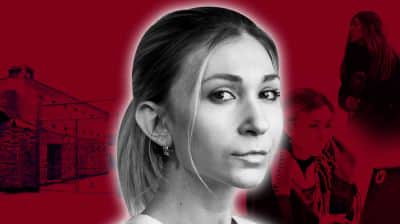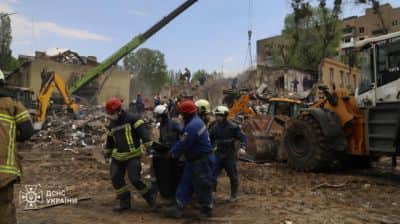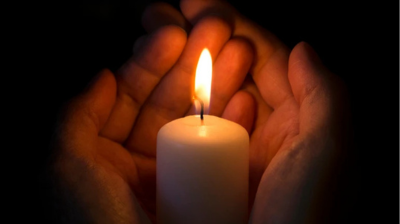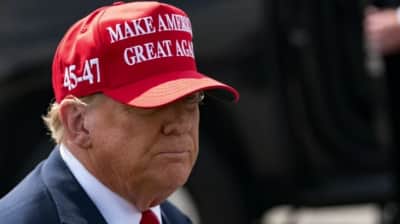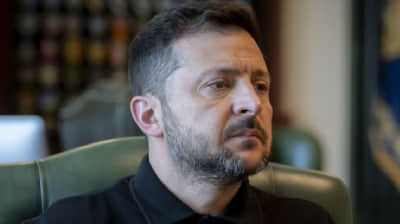Zelenskyy communicates with some commanders directly, bypassing Zaluzhnyi
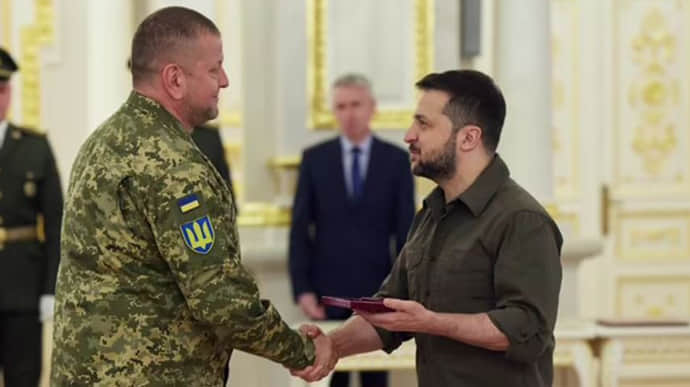
Ukrainska Pravda sources say that Supreme Commander-in-Chief Volodymyr Zelenskyy communicates with some commanders of the Armed Forces of Ukraine directly, bypassing Commander-in-Chief Valerii Zaluzhnyi and interfering with his overall command of the army.
Source: War vs politics. What’s really going on between Zelenskyy and Zaluzhnyi?, an article by Ukrainska Pravda
Quote from a source in Zaluzhnyi's inner circle: "You see, sometimes it seems that Zelenskyy has two types of Armed Forces: the ‘good’ ones commanded by Syrskyi and other favourites, and the ‘bad’ ones which are subordinate to Zaluzhnyi. This is very demotivating for the Commander-in-Chief and, crucially, it prevents him from commanding the entire army."
Details: Zelenskyy is said to have effectively set up parallel communication channels with the commanders of different branches of the army, bypassing Zaluzhnyi – such as with Air Force Commander Mykola Oleshchuk and Ground Force Commander Oleksandr Syrskyi.
Direct contact with commanders obviously speeds up the president’s work, but it destabilises the work of the Commander-in-Chief, who learns some information from people who are officially his subordinates only at Staff meetings, if at all.
Another example of Zelenskyy behaving like a politician was the high-profile media story about a purge of regional military enlistment officers. Following an investigation by Ukrainska Pravda into the unprecedented wealth amassed by the Odesa Oblast military enlistment chief during the war, the president demanded the dismissal of all the heads of oblast enlistment offices and an investigation into their assets.
Quote: "[Oleksii] Sukhachov, Head of the State Bureau of Investigation, came to a meeting of the Staff in the summer and began to report on how good it was that the military enlistment chiefs had been dismissed. Then it was Zaluzhnyi’s turn to speak, and he just trashed him with this exquisite comment: ‘I want to thank law enforcement; corruption is an important topic. But I also want to announce the latest mobilisation data.’ And there was a sharp drop in all oblasts," one person who attended that meeting said on condition of anonymity.
In other words, what looked like a swift and decisive response to society's demand for justice from a political point of view actually had complex consequences from a military point of view.
Personnel changes such as the dismissals of Viktor Khorenko, Commander of the Special Operations Forces, and Tetiana Ostashchenko, Commander of the Medical Forces, and the potential resignation of Serhii Naiev, Commander of the Joint Forces, have had a similar effect.
All of these officers are from Zaluzhnyi’s inner circle, and their dismissal creates instability in the command hierarchy. The criminal case against Naiev for the defence of the south, which Zaluzhnyi sees as an attempt to get close to him, is another chapter in the same story.
But the tension between the President and the Commander-in-Chief really spiked after the start of the counteroffensive in the south.
Background:
- Valerii Zaluzhnyi, Commander-in-Chief of Ukraine’s Armed Forces, said in an interview with The Economist that the situation at the front has reached a stalemate in which neither side can advance because they are technologically equipped at the same level. The general says the situation reminds him of the First World War.
- Zelenskyy, however, does not consider the situation at the front to be a stalemate and says that Ukraine will not negotiate with Russia.
- On 21 November, President Zelenskyy told the British tabloid The Sun that military personnel who are going into politics should not "deal with war".
- On 29 November, The Economist wrote that along with the grim reality of trench warfare, tensions are also growing on the "political battleground" in Kyiv. President Zelenskyy sees Commander-in-Chief Valerii Zaluzhnyi as a rival, and political infighting is harming Ukraine.
Support UP or become our patron!
